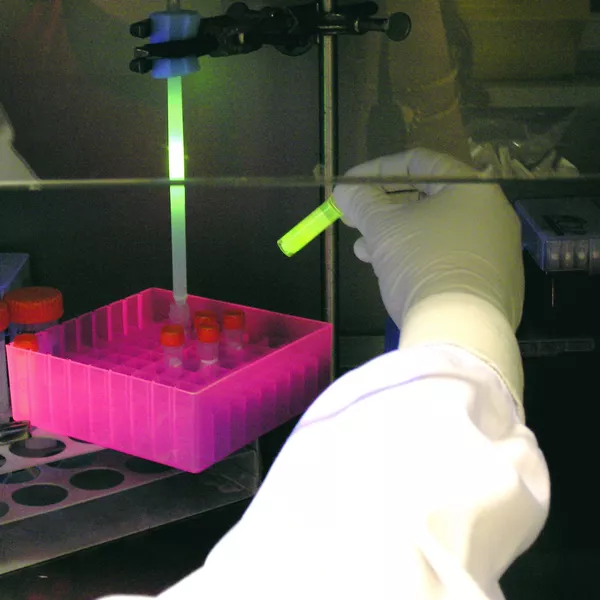The research measured the plasma concentrations of DMGV and its related metabolites and analysed the dietary data to validate the dietary associations in various cohorts. The results found that DMGV concentrations were significantly upregulated in people with liver or skeletal muscle insulin resistance and that DMGV levels were upregulated in lab models on a very high sucrose diet.
“These results provide a comprehensive picture of the dietary determinants of DMGV levels and its association with insulin resistance,” says Dr Koay.
The study also extends the clinical value of DMGV as a predictor of exercise responsiveness to global metabolic health, including ectopic lipid deposition and insulin resistance in muscle and liver.
In the next phase of research, the team’s goal is to understand the mechanisms that link plasma levels of DMGV, lifestyle, and dietary interventions.




